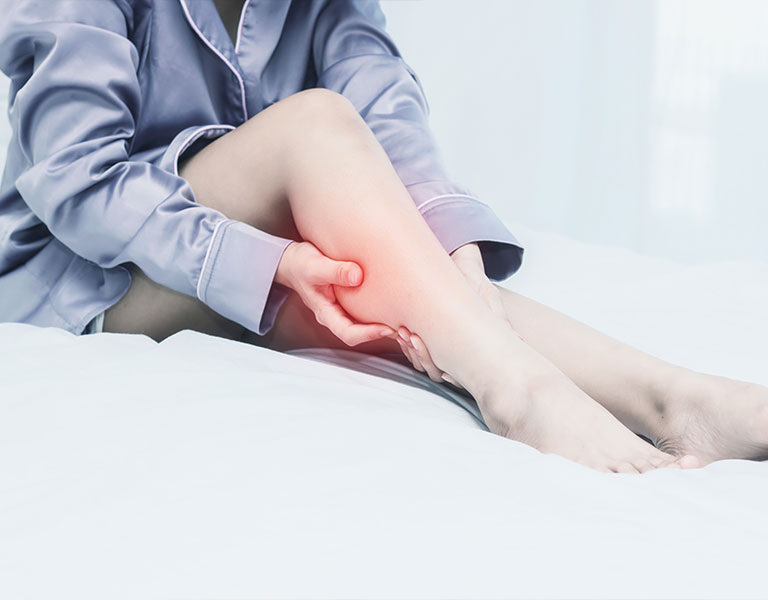
I once heard a comedian say that restless leg syndrome was a disease that no one had until they saw the commercial.
I thought this was funny and yet it struck me as singlehandedly dismissing a very real disorder. For anyone who hasn't experienced it, it is difficult to understand how bothersome those creepy-crawly feelings are. They are hard to describe and it usually takes a while until the symptoms become problematic.
In our effort to quiet the legs, we often resort to an over-the-counter sleep aid, not realizing that this is likely making our legs worse due to a side effect of the antihistamine.
By the time we see these patients in sleep clinic, their sleep has become significantly fragmented and often, our patients feel as though they are losing their minds. They have come to believe that their symptoms are unimportant and may not bring them up during a routine visit.
Periodic Limb Movements of Sleep are movements that we observe during a sleep study. While they are not the same as restless leg syndrome, there is a tremendous overlap between these two groups.
While PLMD was initially felt to cause sleep fragmentation, it wasn't always treated nor considered a big problem.
More recent data has linked PLMD to cardiovascular disease . There appears to be sympathetic stimulation related to these movements. This may perhaps be a marker rather than a contributor but nonetheless, it may be something that we need to pay more attention to. Does treating PLMD reduce their cardiovascular risk? Or does it prompt us to delve deeper into their cardiovascular risk factors?
If this turns out to be a more important signal, perhaps we are being too quick to eschew formal in-lab sleep testing in favor of the quicker home sleep apnea test. Maybe we need to pay more attention to the other data that we collect during a sleep study and recognize that there is more to a polysomnography than just looking for sleep apnea.
What if we could also glean information about blood glucose during sleep? Cortisol levels? Hormone levels? What if we could adjust the timing and delivery of medications to take advantage of the normal sleep-related fluctuations in hormone levels?
The more we learn about the importance of sleep, the more we begin to recognize how many variables can impact the quality of our sleep. Even something as seemingly innocuous as creepy-crawly legs may allow us a glimpse into someone's future cardiovascular risk. Asking someone if their legs bother them at night might allow us to revisit their other cardiovascular risk factors.



